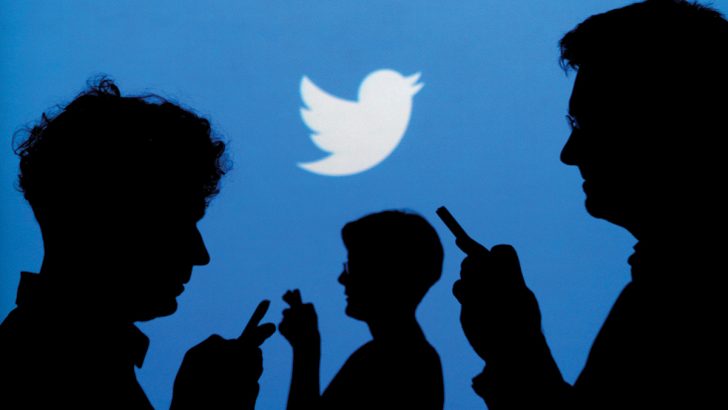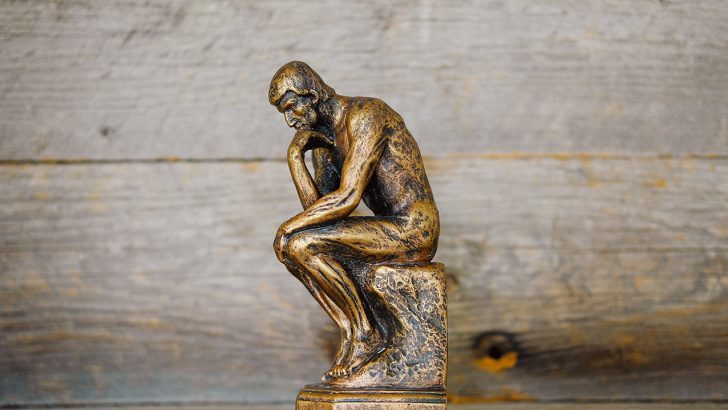Everyday Philosophy If you see a photograph of yourself as a baby you might have all sorts of thoughts. “How cute I was”, or “peaked in infancy”, or “why was I chasing that goat?” One thought you’re unlikely to think is “I wonder what he’s doing now?” You think yourself quite entitled to believe that…
The funny thing about trust
Everyday Philosophy Trust is a funny thing. To see why, imagine you’re betting on a horse race. You’re betting on the favourite, Philosopher’s Rant, but you’ve heard some background information about the horse and his competitors reckon he still only has a 33% chance of winning. In this situation, you want to bet if you…
The need to doubt our doubts
Everyday Philosophy Philosophy is having a bit of a moment in Ireland. It became a Junior Certificate short course in 2016, and there are moves afoot to make it a Leaving Certificate subject. The Philosophy Ireland organisation is running more workshops every year, in schools, workplaces and prisons. Our president made the promotion of philosophy…
Introductory logic and the climate debate
There are two kinds of analytic philosophers: the ones who like formal logic, and the imposters. I, alas, am one of the latter. Something about seeing arguments represented by symbols instead of words puts my brain completely on the fritz. In university I used to spend ages slaving through the formalisations of arguments in papers…
Love God and do what you will
Everyday philosophy The study of philosophy is supposed to get you to question beliefs that you take entirely for granted, to get you to overturn your ordinary assumptions. But one could be forgiven for thinking that some of the revolutions of thought that philosophy is supposed to bring about don’t amount to much. Sceptics about…
Foggy thinking among confused undergraduates
Everyday Philosophy A friend who shares my fate of being a graduate student in philosophy was recently regaling me with tales of what teaching undergraduates was like. She informed me that an increasing number of them at her university were “both utilitarians and relativists”. She said it laughing, because this quite a mean feat. The…
Reasons to be a philosopher
Everyday Philosophy What’s the point of philosophy? I don’t mean to offer a justification for my own attempt to get a career out of it. When it comes to academic philosophy the standard reaction – “sure there’s no jobs in that” – could best be described as “harsh but fair”. No, I mean, what’s the…
Misconceptions around simulated world theories
Everyday Philosophy Do we live in a simulation? No, of course not. Would it matter if we did? Of course it would. The great philosopher Ludwig Wittgenstein had a particular view of what philosophy was really about. He saw it as a kind of therapy for confusion. Rather than seeking to answer deep questions about…
Wokeness and conceptual clarity
Everyday Philosophy Modern academic philosophy is divided into two broad camps or traditions: ‘analytic philosophy’ and ‘continental philosophy’. They each have their own stereotypes. Continental philosophers, the heirs of Sartre, Nietzche, Heideggar, and Camus, are stereotyped as being interested in big, existential questions – but writing about them in ways that range from ‘poetic’ to…
Break your barrier to truth-seeking
Everyday Philosophy If you think about the intellectual virtues needed to be a good philosopher, or just a good thinker, ‘humility’ doesn’t immediately spring to mind. The way philosophers conduct themselves may have something to do with this, but it’s also just not the most intuitive or obvious answer. ‘Curiosity’ comes to mind before it…


 Ben Conroy
Ben Conroy









